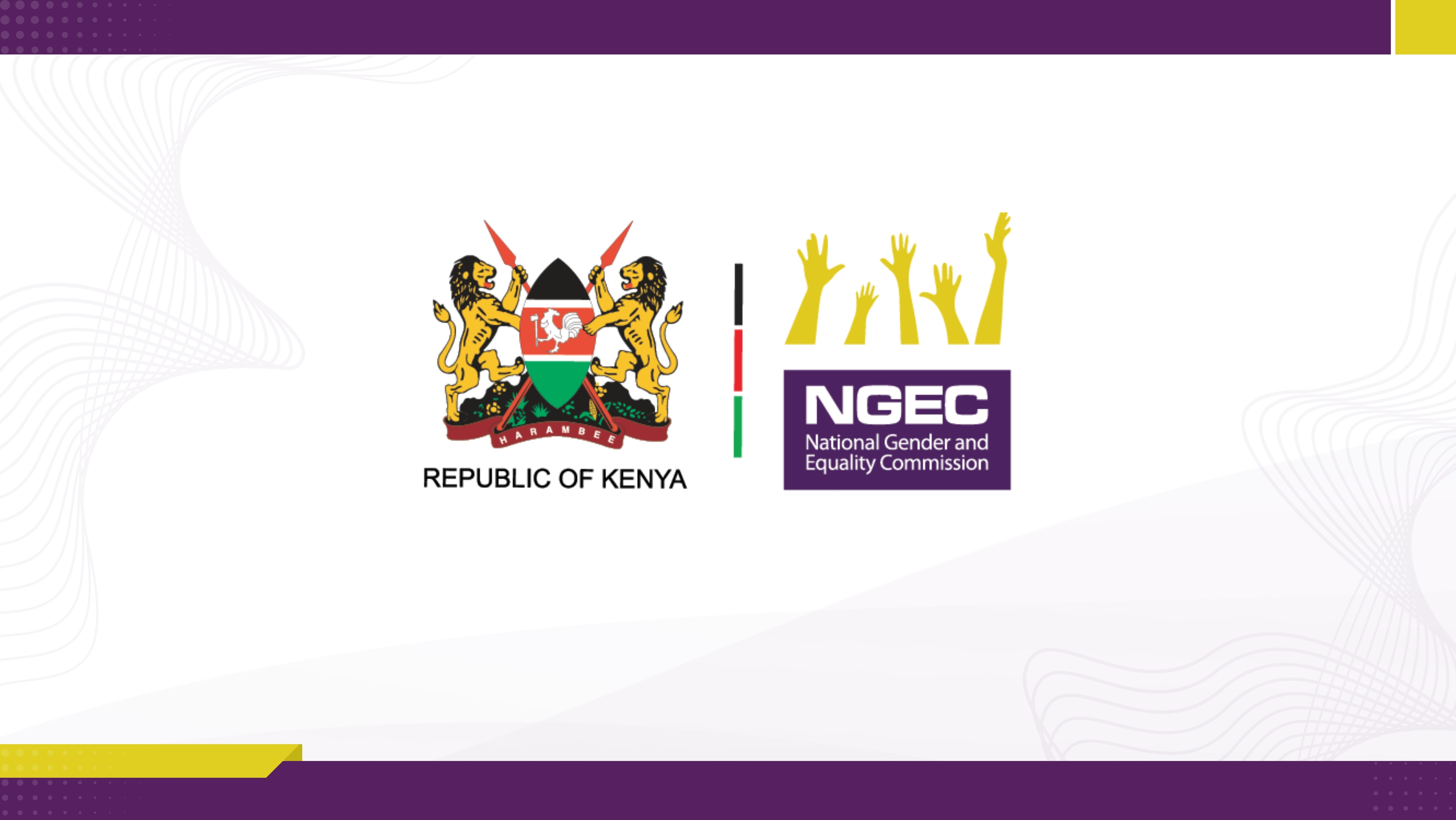NGEC Deepens Roots in Isiolo: A Bold Push to Bring Equality Services Closer to Communities
The National Gender and Equality Commission (NGEC) made a powerful and symbolic stride—one that speaks volumes about its evolving resolve to bring equality and inclusion services closer to Kenya’s grassroots.
Led by Chairperson Hon. Rehema Jaldesa, and joined by Vice Chairperson Thomas Koyier, Commissioners Caroline Lentupuru, Dr. Margaret Karungaru, Mbithuka Nzomo, and CEO Dr. Purity Ngina, the Commission convened for an inaugural sitting at its regional office in Isiolo. This meeting was not ceremonial—it was a boots-on-theground engagement meant to listen, understand, and act.
During the sitting, the Commissioners were taken through a candid briefing on the ground realities facing regional offices across the country—challenges marked by chronic understaffing, logistical bottlenecks, and stretched resources.
Despite these hurdles, the Commission lauded the secretariat staff for their exemplary commitment and unmatched creativity in serving the public. In the words of Chairperson Jaldesa, “They are doing more with less—not because they have to, but because they believe in the transformative power of this Commission.”
This direct interface with the field staff underscored the Commission’s firm belief in a bottom-up approach to equality: that meaningful impact begins with understanding local dynamics and empowering field officers.
The visit also served as a rallying call to reinvigorate NGEC’s regional footprint. Chairperson Jaldesa emphasized that for the Commission to remain relevant, visible, and impactful, it must be present and accessible where it matters most— among the marginalized, the underrepresented, and the underserved.
To achieve this, she committed to championing a robust resource mobilization campaign, targeting the National Treasury and key arms of the national government, to secure the human, material, and capital support required. “An effective NGEC cannot operate in absence of sufficient space, personnel, or operational tools,” she noted,adding that grassroots presence was central to the Commission’s constitutional mandate.
While Isiolo was the geographic host of this sitting, its symbolism echoed far and wide. This engagement marked a new chapter in how the Commission views, values, and empowers its regional staff. It also marked a critical shift —from a Nairobi-centric operation to a decentralized, communityresponsive model of service delivery.
The Isiolo sitting also gave the Commission a first-hand look at the potential of regional offices when properly supported. Officers here have innovated by forging partnerships with local NGOs, community-based organizations, and local administration to amplify the Commission’s impact in the face of limited budgetary support.


Comments